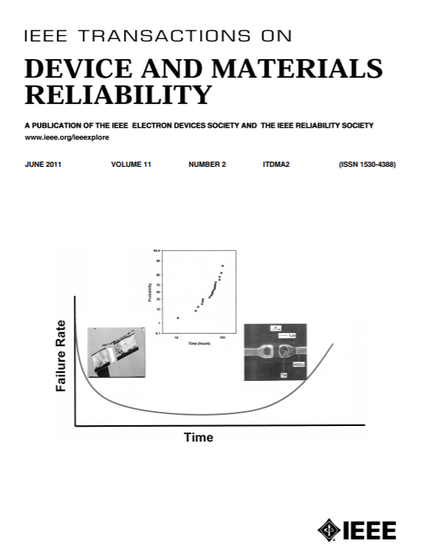
Novel devices incorporating multiple layers of new materials increase the complexity of device structures, particularly in field-effect transistors, capacitors, and nonvolatile memory (NVM). The mounting complexity of these devices increases the difficulty of generating energy band diagrams and performing device parameter calculations whether these calculations are done by hand, using spreadsheets, or via mathematical programs. Although finite-element Poisson-Schrodinger equation solvers are available to perform the calculations, the cost and time spent learning them can be a hindrance. A straightforward GUI interactive simulation tool is presented that quickly calculates and displays energy bands, electric fields, potentials, and charge distributions for 1-D metal-multilayered-dielectrics-semiconductor stacks. Fixed charge can be inserted into dielectric layers. The freeware program calculates device parameters, (e.g., effective oxide thickness, flat-band voltage (VFB), threshold voltage (Vt), stack capacitance) and layer parameters (e.g., capacitance, potential, electric field, tunneling distance). Calculated data can be exported. Using the simulation tool, trap-based flash NVM is examined. Device performance characteristics such as the Vt and VFB shifts of three different stacks are examined. Comparisons between the program and a finite-element Poisson-Schrodinger equation solver are performed to validate the program's accuracy.
Available at: http://works.bepress.com/william_knowlton/58/
